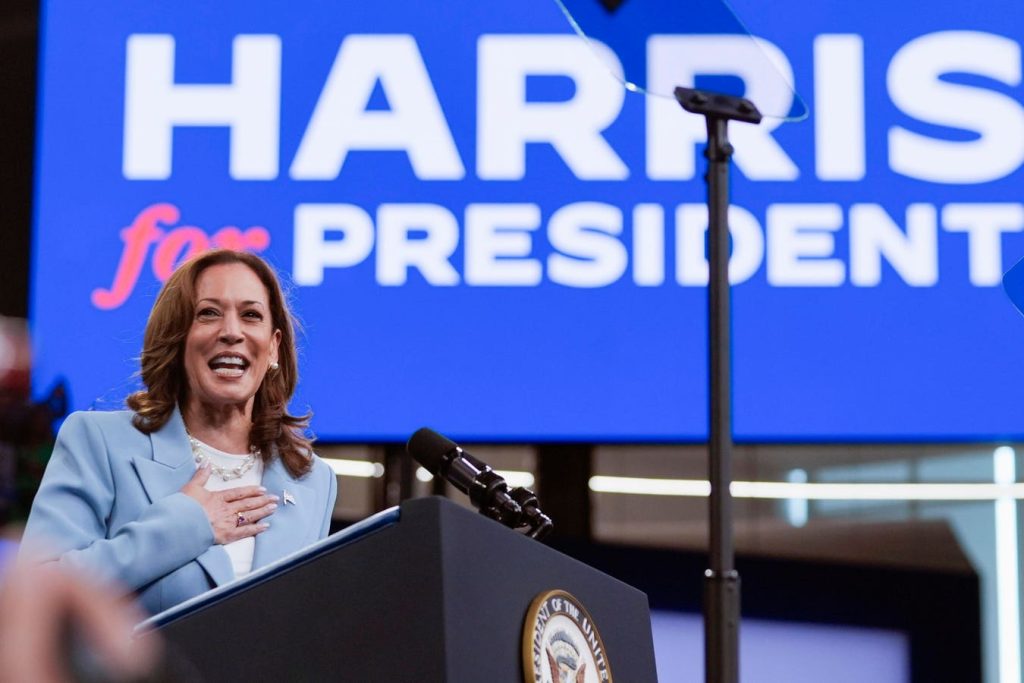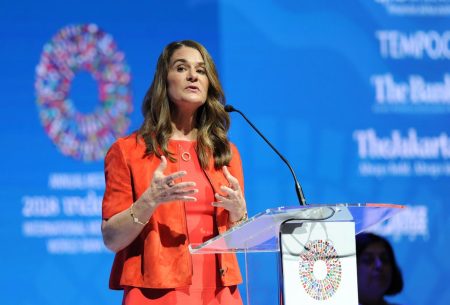Vice President Kamala Harris’ potential tax proposals have been a topic of discussion as she begins to outline her campaign for the presidency. While her platform is still in its early stages, polls indicate that voters are responding positively. Taxes are a crucial issue for many voters, whether they are hoping for no tax hikes on themselves or increased taxes on higher earners.
One of the significant points from Harris’ campaign is her commitment not to raise taxes on individuals making under $400,000 per year, aligning her pledge with President Biden’s promise. However, this limitation may impact her ability to garner the necessary funds for expanding Social Security benefits, which could require a broader tax increase. It remains to be seen how progressive and tax-focused Harris’ plans will be, with the Tax Foundation suggesting that the $400,000 threshold would need to be adjusted to account for inflation.
An analysis by the Tax Foundation based on Harris’ previous presidential campaign in 2020 sheds light on her tax stance. One of her proposals involved increasing the top marginal income tax rate for the top 1% of earners from 37% to 39.6%. While the specifics of a broader rate hike are unknown, Harris previously suggested a 4% income-based premium on households earning over $100,000 to fund a Medicare for All plan – a notion that may conflict with her recent pledge on tax increases for lower earners.
Refundable tax credits have been emphasized by Harris as incentives for low- and middle-income taxpayers. During her 2020 campaign, she introduced the LIFT the Middle-Class Act, offering a $3,000 credit for individuals and $6,000 for joint filers. Another proposal included a tax credit for rent aimed at those earning less than $100,000 annually and spending over 30% of their income on rent and utilities.
Harris’ previous campaign also featured plans to raise capital gain rates to align with ordinary income taxes, potentially focusing on higher-income individuals. Additionally, she proposed increasing corporate tax rates back to 35% after the rate was reduced to 21% in 2018. While President Biden aimed to raise the rate to 28%, Harris advocated for a complete return to the pre-cut level.
In terms of estate taxes, Harris aimed to generate more revenue for education programs by adjusting the estate and gift tax exemption, potentially cutting back on the current high thresholds. The federal estate and gift tax exemption is set to decrease from $13.61 million to $5.6 million per person by the end of 2025 unless Congress intervenes. Furthermore, Harris suggested implementing a new financial transaction tax on stock, bond, and derivative trades during her 2020 campaign, indicating a potential shift towards taxing these transactions.













